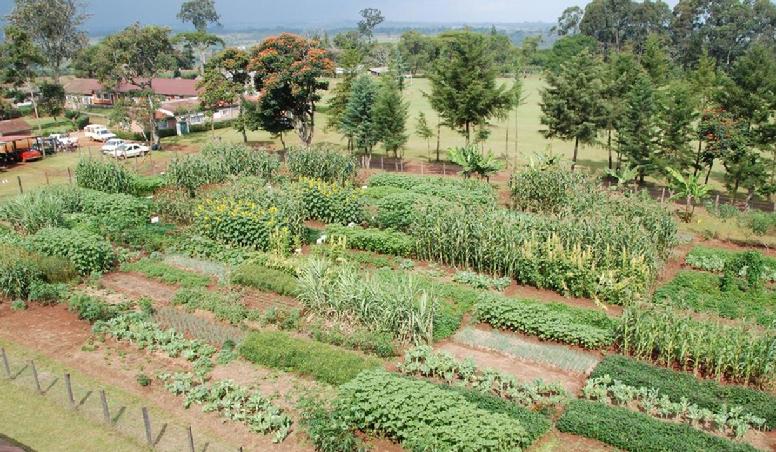An Overview Of Our Solution
- Population Impacted:
- Continent: Africa
Organization type
Population impacted
Size of agricultural area
Production quantity
People employed
Describe your solution
Describe your implementation
External connections
What is the environmental or ecological challenge you are targeting with your solution?
Describe the context in which you are operating
Land size per head in Trans-Nzoia County has declined due to subdivision to give to siblings or for sale. Ultimately number of small scale farmers has increased. Over 70% of farmers in Kenya are smallholders with less than 1.5 acres of land. Maize and beans are the stable crops cultivated by majority of farmers in Trans-Nzoia County. The farmers mainly use conventional methods. Soil Ph of 3.6 has been reported and attributed to prolonged use of fertilizers. This level of acidity is not conducive for production of maize and beans, the stable crops in the Country. Use of conventional farming methods by small scale farmers is uneconomical and often results in poor yields, emission of greenhouse gases causing climate change and it’s basically unsustainable and unsuitable to small scale farmers, often resource poor. Due to poor yields and high rate of unemployment of 50%, ASDSP (2016) the County is threatened with food insecurity and poverty. Maiyo (2015) reported poverty level of 56.72% in Kwanza district. A shift in rainfall patterns attributed to climate change has worsened food and nutrition situation. Farmers are now cultivating riparian lands in search of water for food production. This has led to lose of soil, silting of rivers, pollution of river water. The situation calls for suitable solutions.
How did you impact natural resource use and greenhouse gas emissions?
Language(s)
Social/Community
Water
Food Security/Nutrition
Economic/Sustainable Development
Climate
Sustainability
BIA solution is economically sustainable. It produces 2-4 times more per unit land area, thus giving surplus for sale to generate income. Double dug land applied with manure remains spongy with good water retention capacity for subsequent years and sustains high yields maintained by the whole gardening practices approach. People trained gain skills and knowledge used throughout life in food production while conserving the environment and the knowledge is transmitted through ripple effect from community demo sites. The technology does not rely on grant funding, government subsidies or market-based revenues to keep going. Funding is needed in the initial stages of implementation and for keeping personnel on pay role.
Return on investment
Entrant Image
Entrant Banner Image
